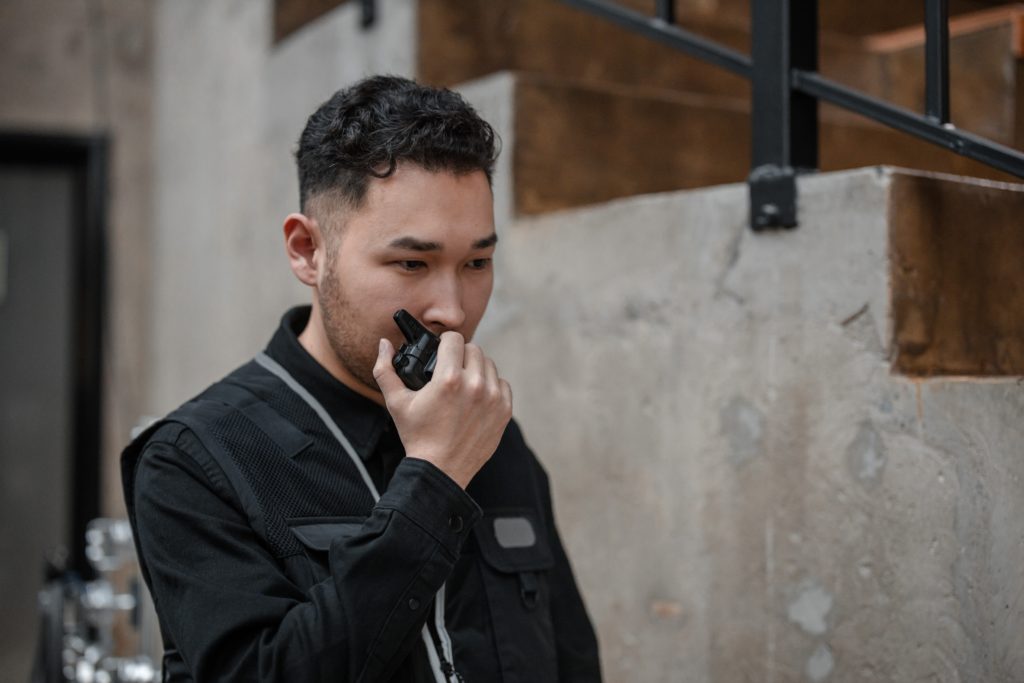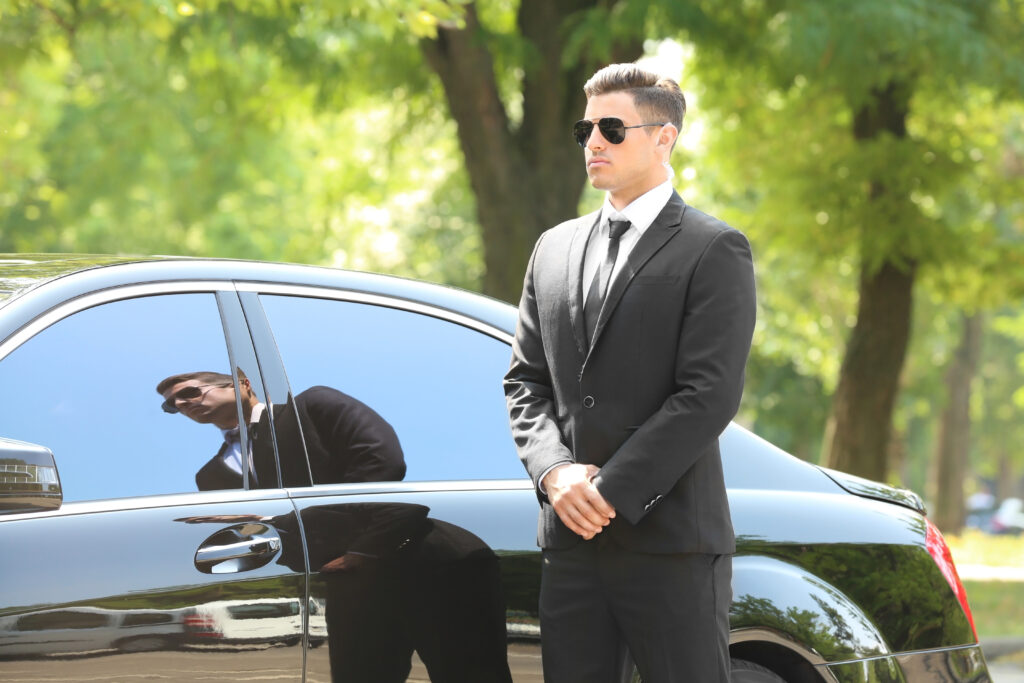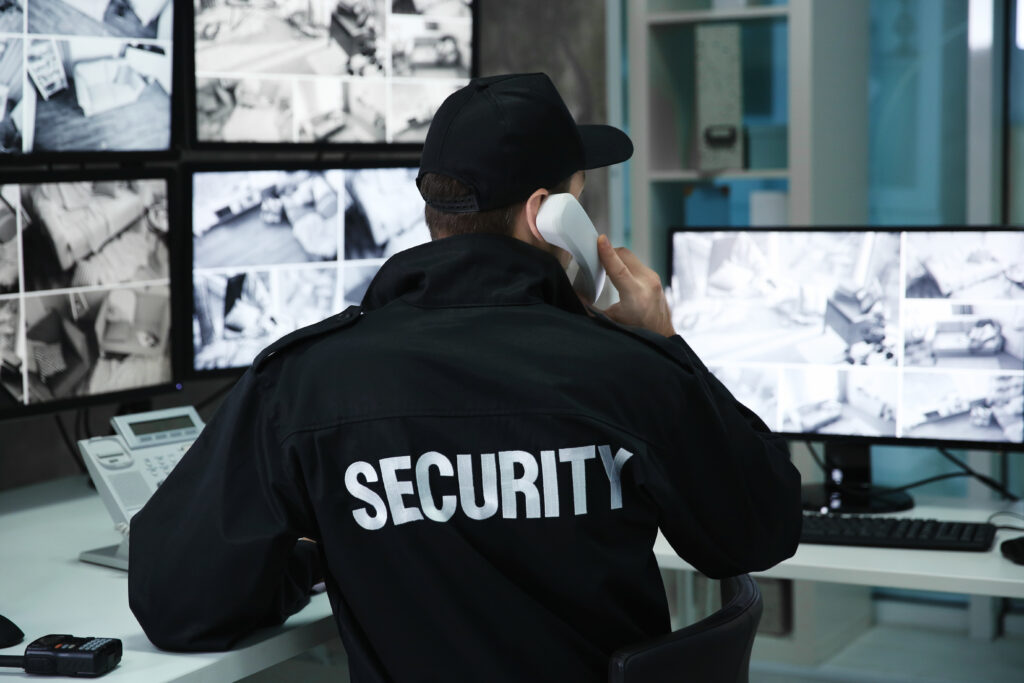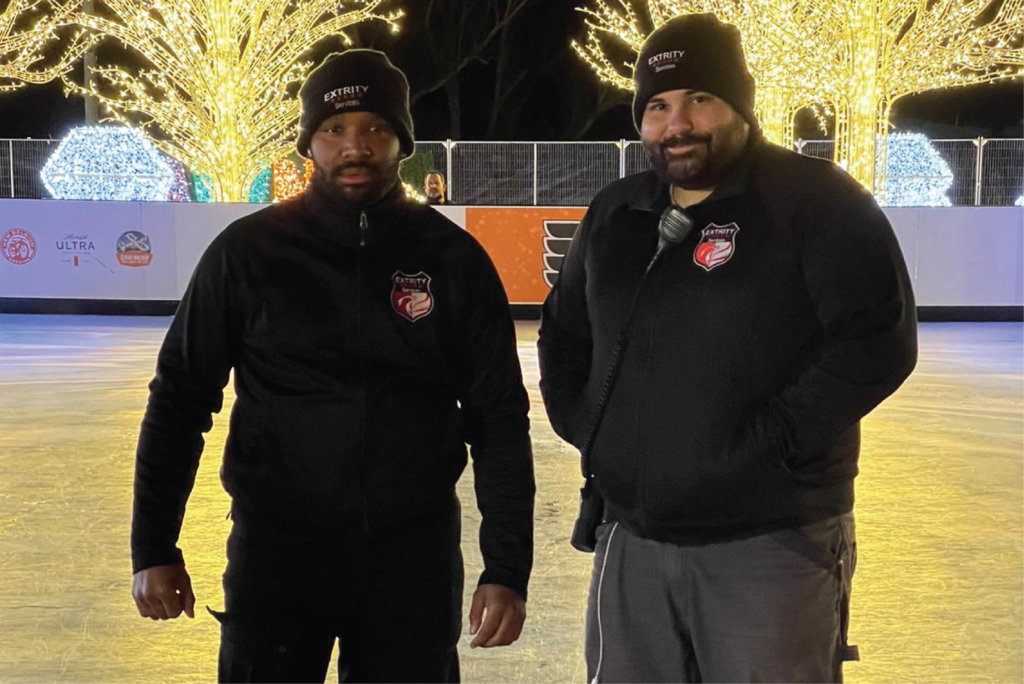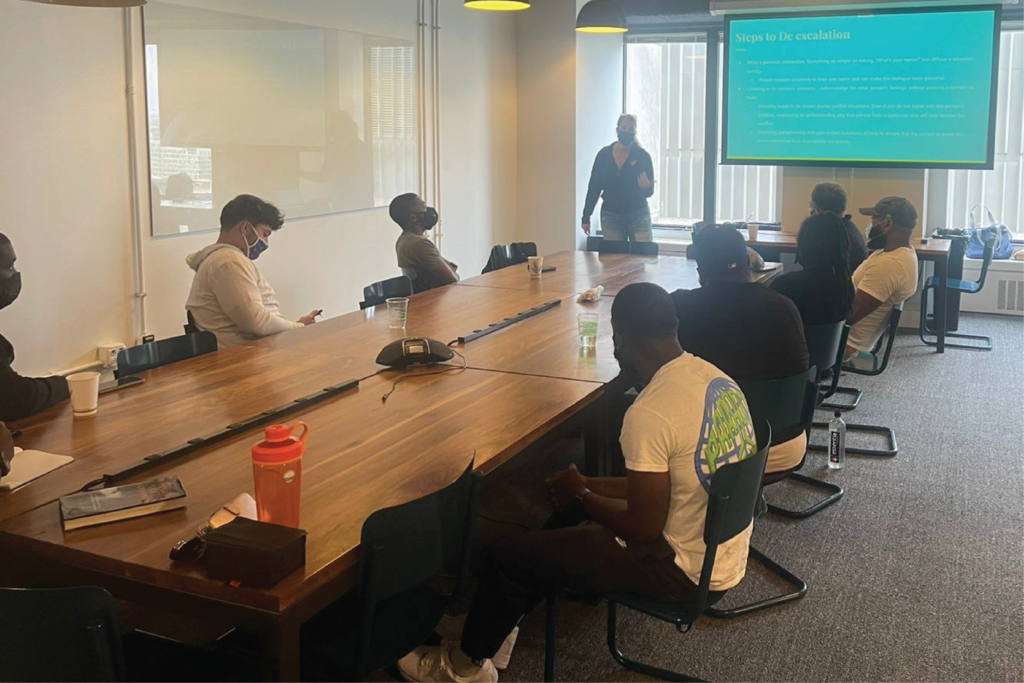DE-ESCALATION TRAINING: HOW OUR CHILL MADE US SEPTA’S CHOICE
Recently we received some very good news. This month, Extrity Services was very proud to be one of the selected partners for SEPTA’s (Southeastern Pennsylvania’s Transportation Authority’s) Outreach Specialists role. We are joining forces to assist in keeping accessible public transportation a safe way to travel.
We are hugely proud of this partnership and take the honor very seriously. SEPTA’s focus on community engagement is a priority, so to be one of the champions of their cause brings us deeper into the neighborhoods they care about.
Why Extrity Services?
When asked why we were one of the few awarded this contract, we pondered the correct answer. Was it our community involvement? Was it our competitive market value? Or was it our generous and extensive specialist training? And while we believe it was a mix of all three that contributed, we would be remiss to say that we didn’t think that our training didn’t have a lot to do with us being selected.
Jobs For The Community
Let’s focus first on the community. Here at Extrity Services, neighborhood engagement is something that we hold dear to our hearts. It’s no accident that the inner core of our company is comprised of individuals that have known each other since grade school. Some of the best and most trusted relationships have a history going back to the playground in your grade school. SEPTA understands the importance of supporting neighborhoods. To support that vision, we turned back to the community when it came to hiring the specialists needed for the various contract roles. It gives us huge satisfaction to help keep a community safe, while also giving opportunities to the valuable people that make up the population.
And as these specialists add to our team, we bring them through our extensive training program to ensure that they carry forward the disposition and sense of family we share here at Extrity Services.
Extensive Training Program
We could talk about our training program all day, every day. We’ll talk to anyone that will listen because we believe in our training process so much. We are very proud of the program we’ve crafted and curated, as it enhances the incredible skills that we see in our outreach specialists.
To give you an idea of how deep we go, here is just a little peek at the types of training bricks we use to build the bridge between us and the communities we serve.
De-escalation Training
This is likely the cornerstone of our training approach. Studies have shown that de-escalation training can decrease the number of use-of-force incidents and personnel injuries. What better way to deal with a potentially dangerous situation than by avoiding it together?
We understand that when a high-pressure situation is at hand, it can cause a break in the cognitive and coping skills of humans. We train to stave off a crisis state by training both the physical and mental sides of our team’s brain. Through scientific and medical research, we have a better understanding of our emotions and state of mental clarity during dynamic situations. In our training, participants have a better understanding of their bodies’ physiological and psychological responses to stress. We role-play complex situations and scenarios that the participants are likely to encounter. We teach our team how to de-escalate almost any situation using body language and conversation.
There are a few critical steps when it comes to de-escalation.
Be A Guardian And Not A Warrior
The concept of warrior includes the word “war”. Who are they are war with? With the proper de-escalation training, we take on a “guardian” approach. Guardians are peacekeepers in the community. Choosing peace vs war from the start will ensure that an outreach guardian will be working toward positive solutions and situations every time.
Listen And Pay Attention
Empathetic and active listening attentively to others is a comfort. Undivided attention makes people feel important. People who don’t feel acknowledged can potentially act out if they don’t feel like they are given attention. We teach our team that listening is a full-body experience. Focus (including body language) shows another person that they are being seen.
Watch Your Body Language
Nonverbal communication can sometimes tell us more than someone’s words can. In speaking of body language, we encourage our team to pay attention to not only another person’s body language but also their own. De-escalation is not just about defusing someone’s exhibited behavior. It’s also about ensuring that your posture and presence aren’t inflaming a sensitive situation. Through our training, we teach our team to become masters of reading subtlety.
Hear The Words
Verbal communication also gives us more of the picture of the individual. Allowing a person to speak and helping them work through their thoughts is another step in de-escalation. Let them speak but usher in positive solutions. We teach our team to keep their tone neutral, and their curiosity and attention alert.
Make A Connection
At the end of the day, we’re all just people. And some of the characters in high-pressure situations are simply just people in a community. We take our job as peacekeepers very seriously and ensure that our de-escalation training includes human-to-human connections. One of our cornerstones is Hospitality. We stay hospitable in everything we do.
We look forward to bringing our team of talented and trained Outreach Specialists to the public transportation in our neighborhoods and communities. We are honored to be one of the chosen partners for SEPTA’s new vision. If you want to hear more about our training options or to join our team of public transport peacekeepers, please call us today!

